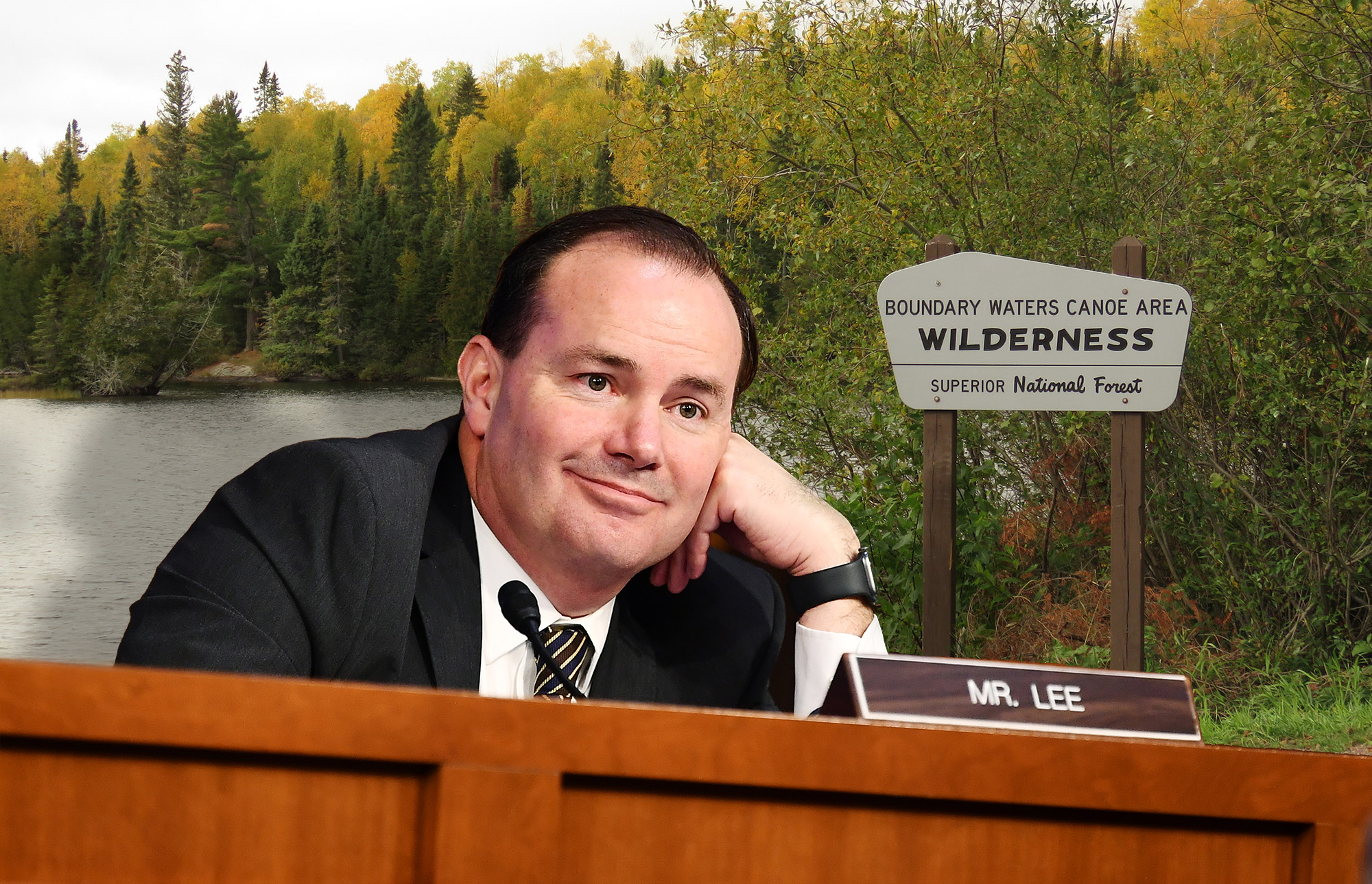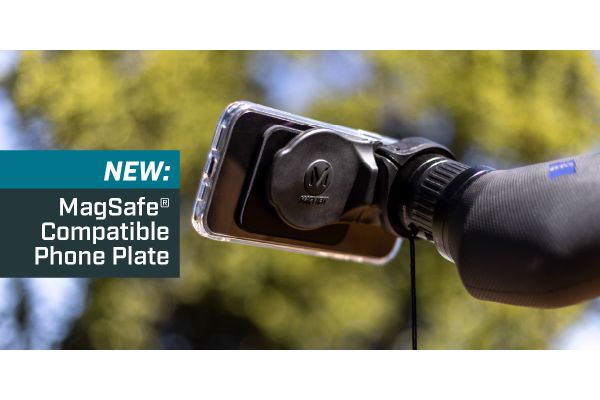A bill dropped Thursday by Utah Sen. Mike Lee proposes to open all federal land within 100 miles of the country’s northern and southern borders, including wilderness areas, to roads, border agents, motorized boats, clear-cutting, and even structures.
Lee and his cosigners say the bill would allow border agents to more effectively manage illegal immigration into the country. Sportsmen say the bill would completely overhaul the Wilderness Act and “defile” public lands.
“Giving them complete authority within 100 miles of our border makes no sense. That’s a third of Montana,” says Land Tawney, co-chair of American Hunters and Anglers. “Do we want Big Brother setting up surveillance where we’re sitting around a campsite? Hell no.”
The 1964 Wilderness Act prohibits all motorized use in wilderness areas, which is why crews cut trails with hand saws and fishermen paddle canoes. The nation’s more than 111 million acres of wilderness areas are also some of the last protected places for wildlife like elk, moose, mule deer, grizzly bears, wolves and countless other fish and wildlife species. And they’re some of the most precious land for sportsmen, Tawney says, including places like Montana’s Bob Marshall Wilderness Complex and the Boundary Waters Canoe Wilderness Area.
If passed, the bill says it will allow the Department of Homeland Security to “construct and maintain roads” in wilderness areas, “use motor vehicles, motorboats, and motorized equipment,” and “deploy tactical infrastructure,” which the bill defines as observation points, remote video surveillance systems, motion sensors, vehicle barriers, fences, and roads, bridges. The 100-mile buffer also includes places like Glacier National Park, which borders Canada.
A news release from the Senate Committee on Energy and Natural Resources, which is chaired by Lee, says the bill will help “restore order, protect our national parks from decades of abuse, and give federal, state, and local officers the tools to secure the border.”
“Families who want to enjoy a safe hike or campout are instead finding trash piles, burned landscapes, and trails closed because rangers are stuck cleaning up the fallout,” Lee says in the release. “Cartels are exploiting the disorder, using these lands as cover for their operations. This bill gives land managers and border agents the tools to restore order and protect these places for the people they were meant to serve.”
Neither the press release nor the bill itself provide any examples of illegal immigrants or cartels entering the country through wilderness areas along the northern border. The only related example was that at Buenos Aires National Wildlife Refuge [in Arizona] alone, more than 3000 hours of volunteer time are diverted annually to trash cleanup.”
Related: Feds Fire 4,400+ Public-Land Employees, Including Forest Service Workers, National Park Staff
Chris Wood, CEO of Trout Unlimited, says he is all for cleaning up trash on public land, but the bill feels to him like an insult to the federal law enforcement officials who already work for public-land agencies like the Bureau of Land Management and U.S. Forest Service.
Texas Sen. Ted Cruz (R) is the only one of the bill’s sponsors from a state that borders Mexico or Canada. The rest are John Barrasso and Cynthia Lummis, both from Wyoming, Tennessee’s Marsha Blackburn, Mississippi’s Cindy Hyde-Smith, and Florida’s Rick Scott.
Tawney and others were surprised the bill dropped Thursday, one day into a federal shutdown, which he says was a way to keep people from paying too much attention to what would inevitably be a wildly unpopular bill. In fact, previous bills in the House in 2019 and 2023 sought similar goals but ultimately failed.
This bill extends Lee’s efforts to ultimately devalue and then sell off public lands, Tawney says. Lee also led the charge this summer to sell off millions of acres of public lands as part of President Trump’s Big Beautiful Bill. The initiative failed after hunters and anglers rallied to oppose it.
Read Next: As Feds Attempt to Reform Federal Government, Hunters and Anglers Face ‘Unintended Consequences’
If approved, Tawney says, amending the Wilderness Act to allow for motorized access for the Department of Homeland Security would lead to an inevitable weakening of the Wilderness Act everywhere. (You can find and contact your senators here.)
“So goes the wilderness within these border states,” he says. “So goes wilderness in the interior.”
Read the full article here




